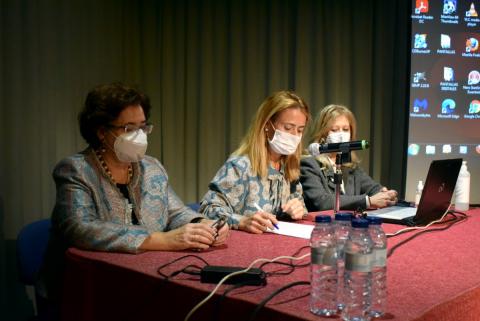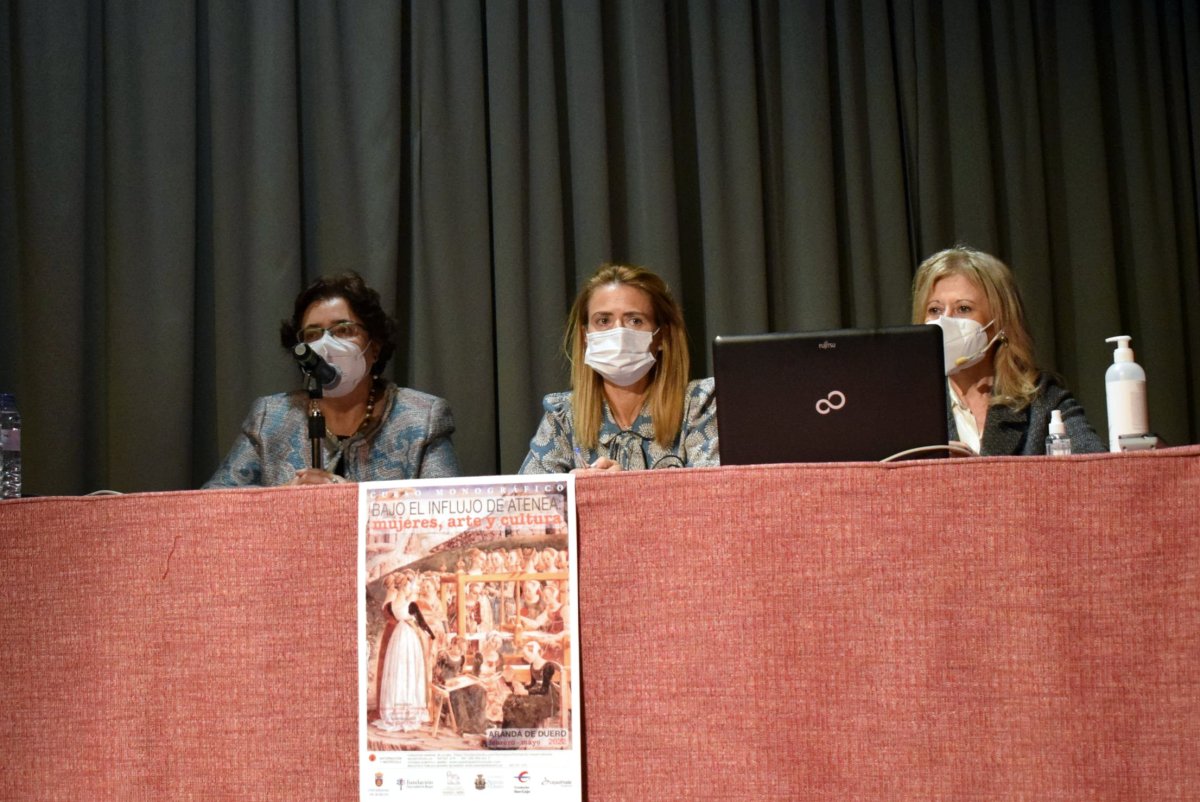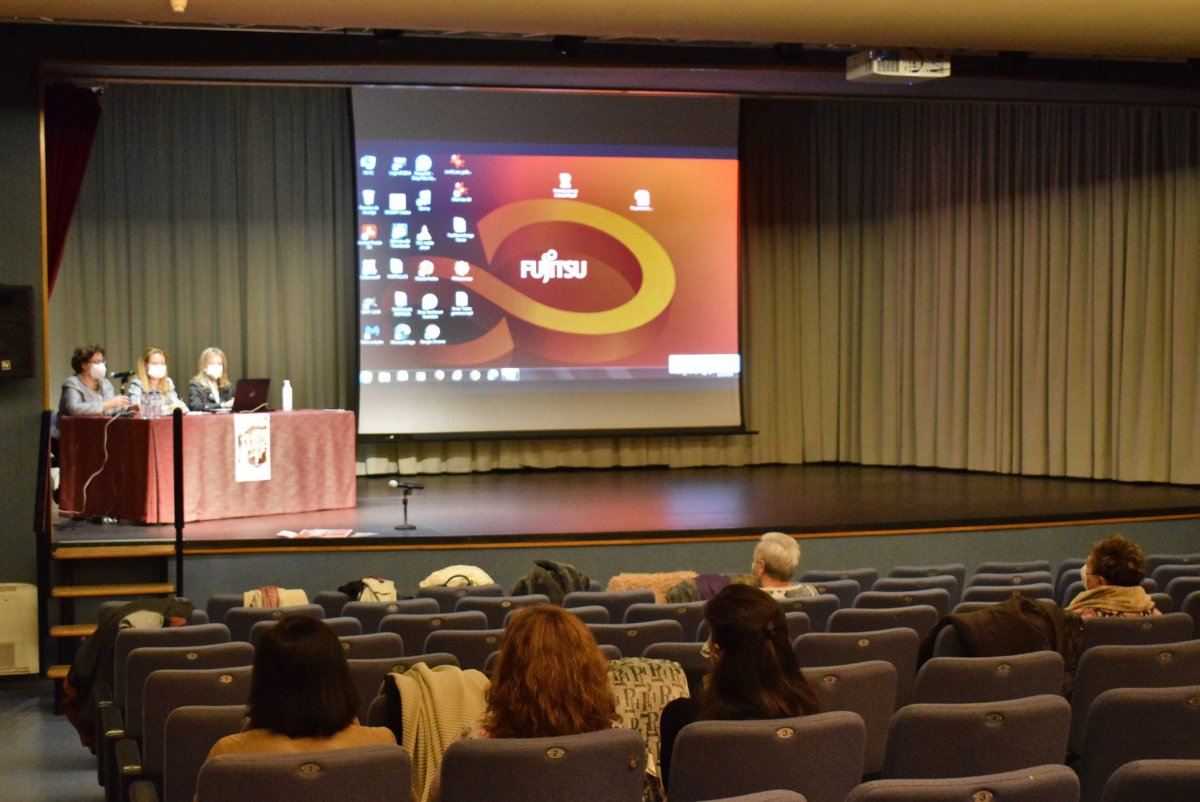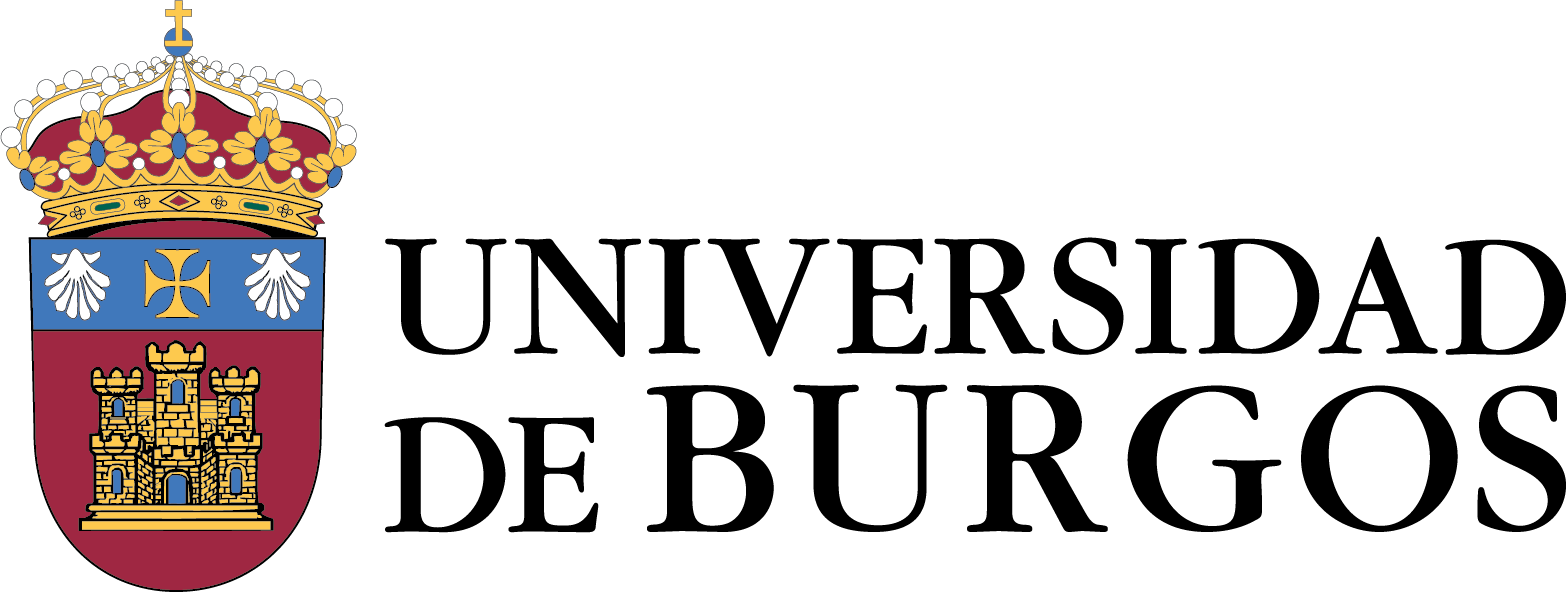UBU presented the European project SmartArt in Aranda
2 Dec 2021

The European project Self-Regulated Learning in SmartArt Erasmus+ Adult Education (SmartArt 2019-1-ES01-KA204-065615) was presented in the capital of La Ribera. PhD. Consuelo Saiz Manzanares, coordinator of the project and responsible for the learning methodology, new technologies and data analysis; and PhD. María José Zaparaín Yáñez, responsible for the development of the Art History materials and specialist in gamification applied to Art History learning, participated in this presentation.
Professor Saiz Manzanares gave a general presentation of the project, the work carried out and its results, and presented the transfer of SmartArt design to Neuropsychology and STEM teaching, and Dr. Zaparaín Yáñez explained the Art History contents that have been developed or are in preparation and the methodology used through the design of avatars and gamification.
Some of the goals of this initiative, on which a multidisciplinary team of researchers has been working for two years, are to disseminate Art History learning in virtual environments, apply systematic monitoring and evaluation mechanisms, update the training skills of teachers and promote the social and digital inclusion of adults.

Co-funded by the European Commission and led by the University of Burgos, in charge of coordinating the strategic partnership, this project involves the University of Oviedo, the Portuguese University of Minho and the University of Valladolid, as well as the companies Bjäland Technologies (Spain) -in charge of technological development- and Paragon Limited (Malta) -responsible for the multisectoral transfer of the results-. The project started in 2019 and will end in 2022.
The SmartArt project has an interdisciplinary and innovative character and is focused on the generation of new ways of teaching Art History in adult education through the use of new technologies. Among them, eye tracking software and avatars that regulate the learning of users are used, which facilitates the detention of different learning profiles and will facilitate the personalised offer of learning, increasing their motivation.
The use of these innovative resources aims to promote the teaching of Art History in virtual learning environments and to foster the dissemination of the value of cultural heritage. In this way, it is aligned with the guidelines of the regional research strategy (RIS3 2014-2020), considering that the social dissemination of content related to history and art promotes the enhancement of the identity and cultural wealth of the European Union and responds to goal 4 of the 2030 Agenda (quality of education throughout life).

Various data processing and analysis techniques will be used to study the impact of SmartArt, ranging from quantitative methodologies, artificial intelligence techniques and data mining to qualitative methods (mixed method).
The results of these two years of work are concentrated in the development of the project's website, where all the materials can be consulted in open access, the design of the SmartArt open access virtual classroom and the intellectual products.
